10 types of animals, which for 40 years was two times less because of the person
In the near future, lions, elephants and hippos can be seen only in zoos and disney cartoons. Such a disappointing conclusion can be drawn from published Living Planet report by the world wildlife Fund, which States that wildlife populations worldwide have declined by 52% since 1970. The report was prepared in conjunction with the Fund's Global Footprint Network and the Zoological society of London on the basis of the research the number 3038 species of animals, birds and fish between 1970 and 2010. It is noteworthy that the human population over the same period doubled (from 3.7 billion to almost 7 billion people).
Wildlife populations are declining in tropical and temperate latitudes, but the biggest decline of 63% compared to the 1970s — were seen in the tropics. The major regional decline in the numbers of animals observed in Central and South America: it is 83%. We present to you a selection of wildlife that are most strongly felt the influence of civilization.
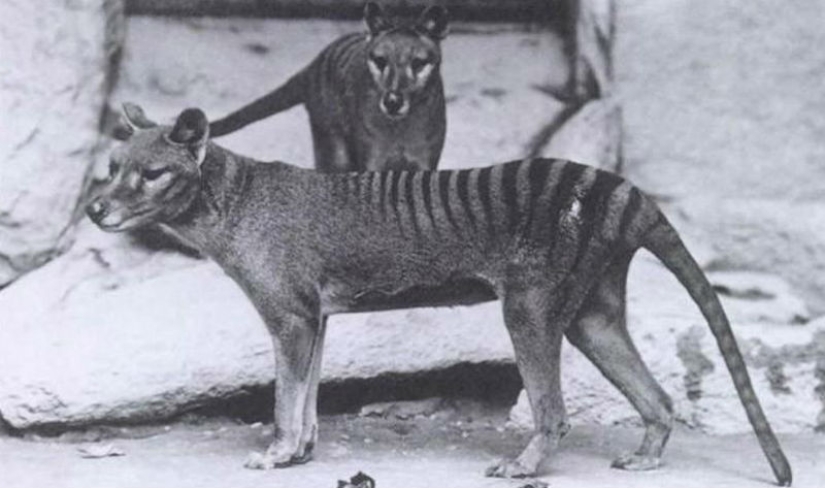
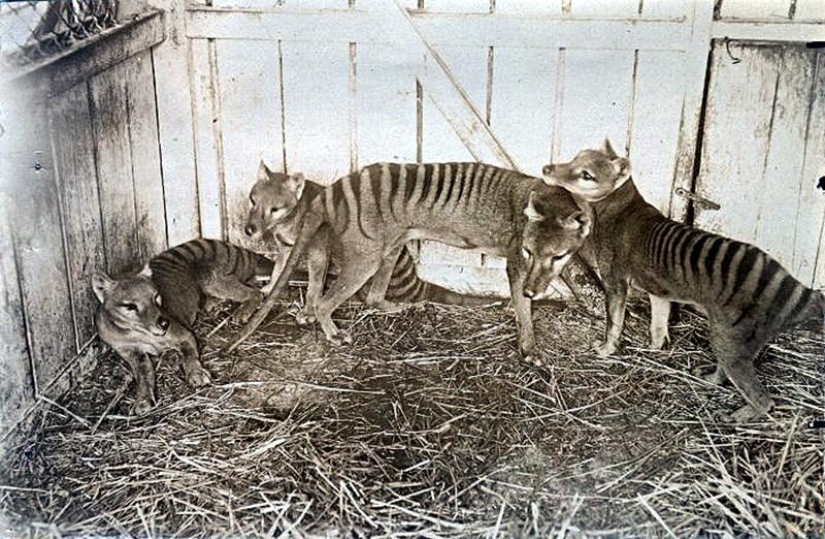
African lion. The number of remaining individuals: 30-35 thousand.
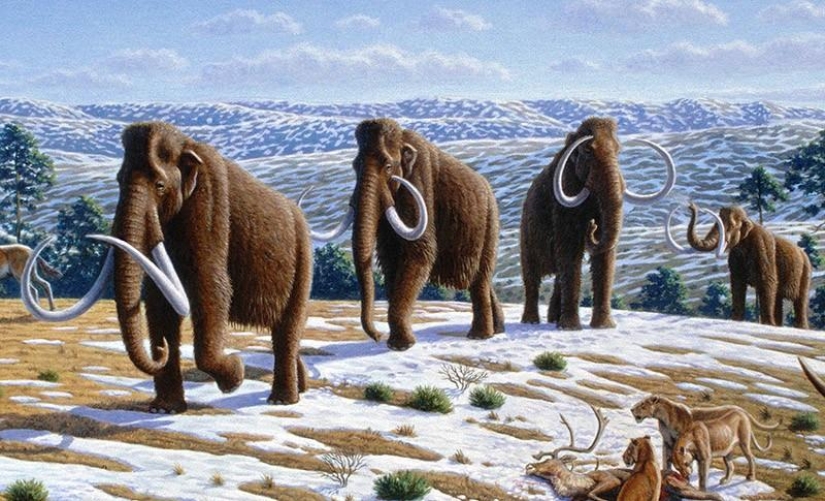
In Ghana's Mole national Park, the number of lions in 40 years have declined by more than 90%. It is believed that this is due to the killings of lions by man as revenge for the conflicts that arise between the animals and local people.
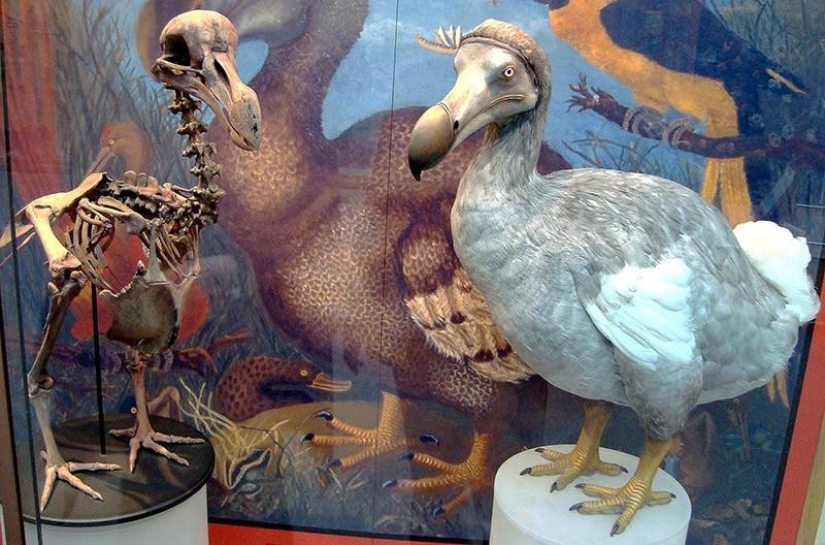
Forest elephant. The number of remaining individuals: about 600 thousand.
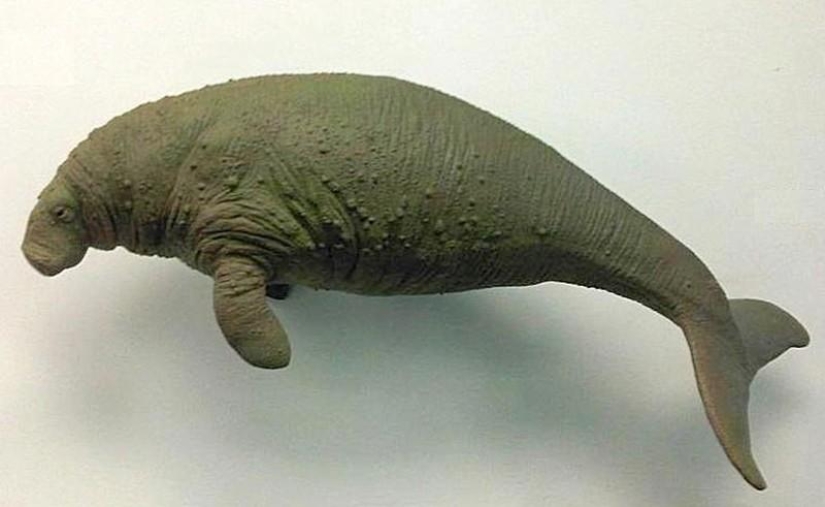
The number of forest elephants has declined by more than 60% between 2002 and 2011, mainly due to the activities of poachers, mining ivory. Due to deforestation and development person elephants currently live only on 7% of their historical habitat.
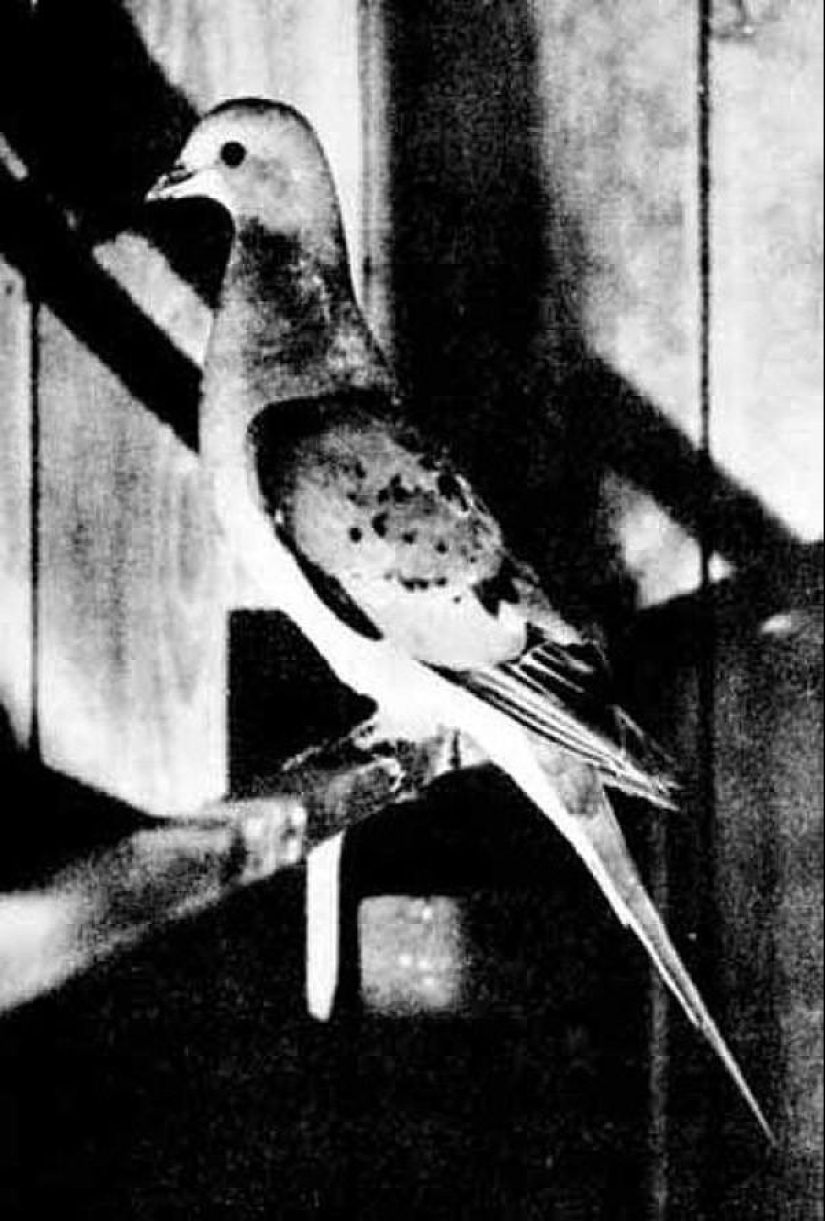
Bengal tiger. The number of remaining individuals: about 3200.
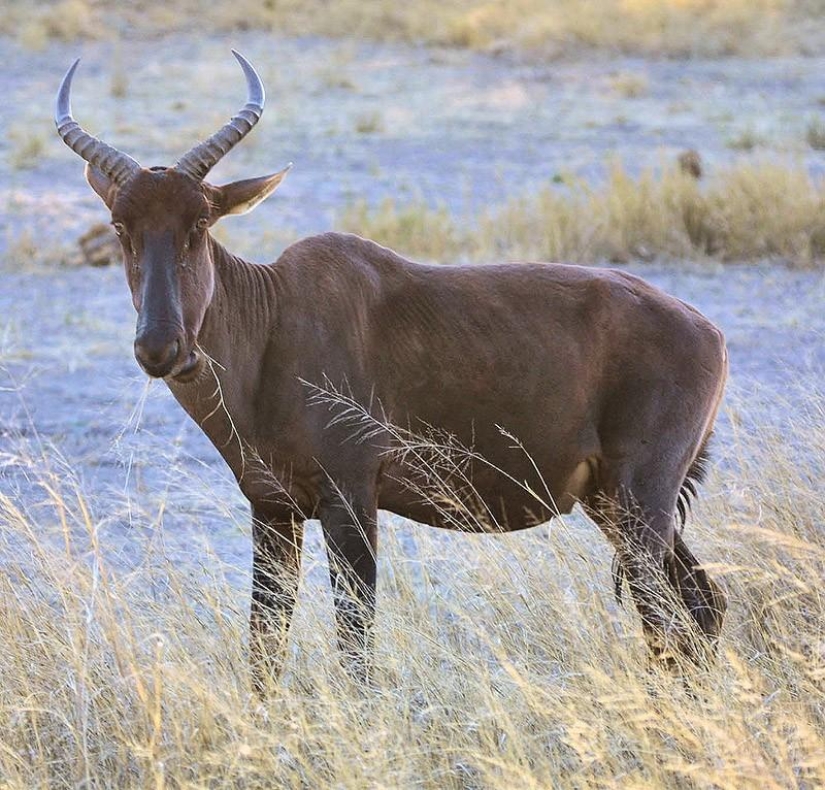
The population is almost extinct in the last hundred years: in 1910 tigers in the wild, there were about 100 thousand individuals, in 2010 — a total of about 3200. This sharp decline is due to destruction of their habitat and poaching.
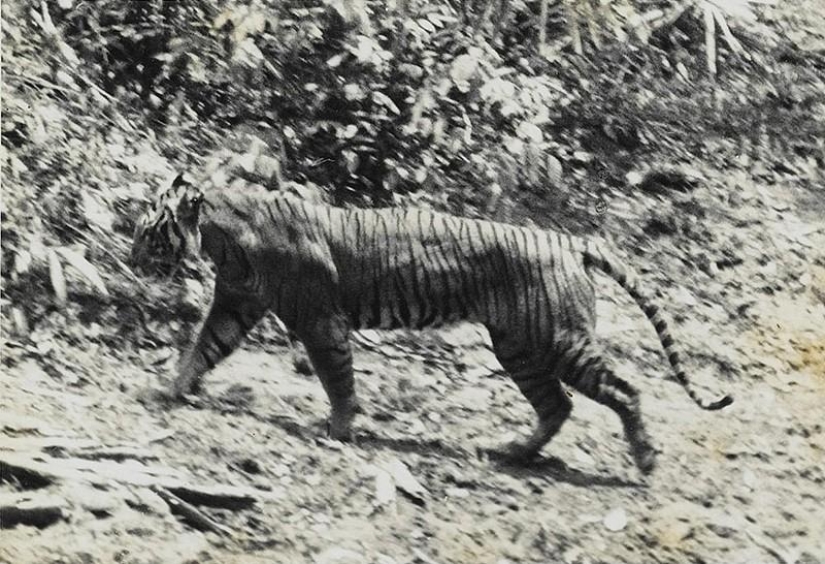
Dolphin.
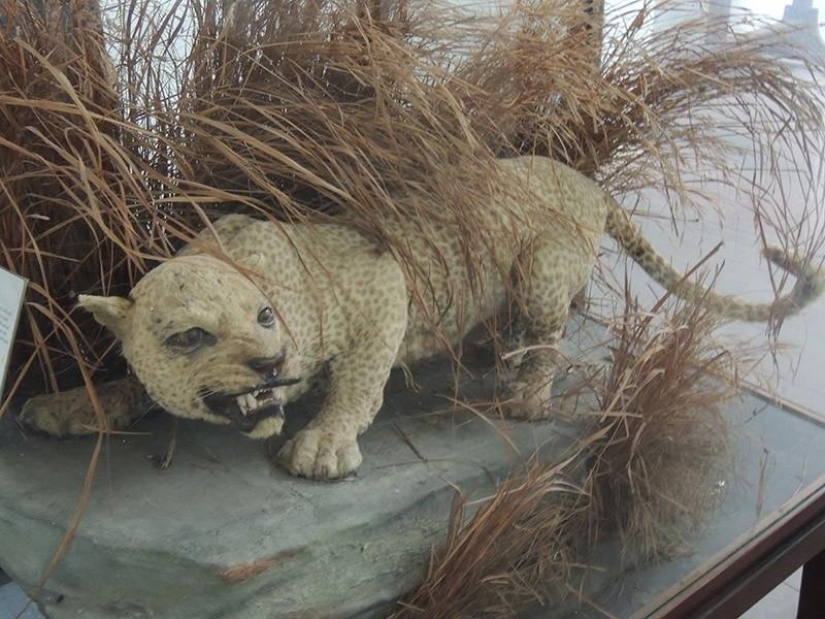
In some places, the dolphins were hunting animals, for example in the Black sea and off the coast of Peru. Although in most regions of the world, the dolphins never purposely do not kill, they often die in fishing nets or fall into the propellers of ships. In 1960‑e years, their population has declined sharply in the Mediterranean sea, and the reasons still unknown. And in the Ionian sea, the number of dolphins in the years 1996-2007 decreased from 150 to 15.
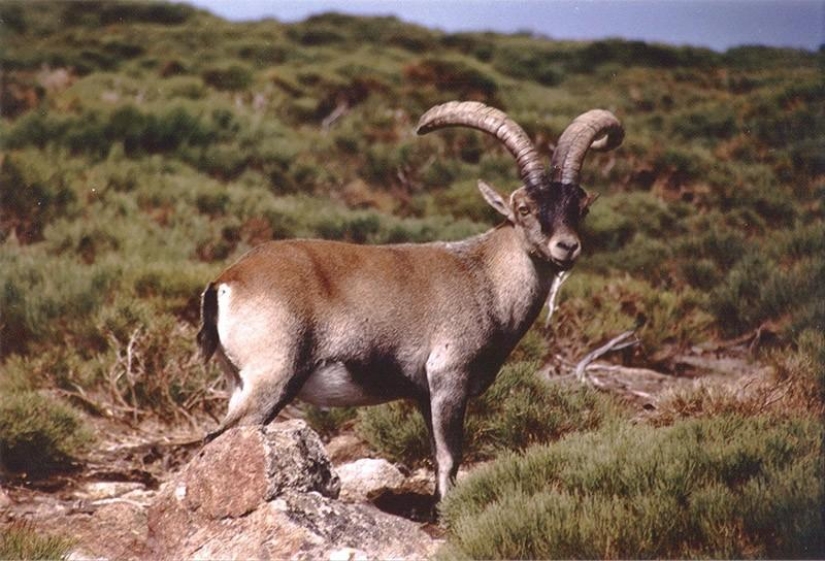
Black and white rhinos.
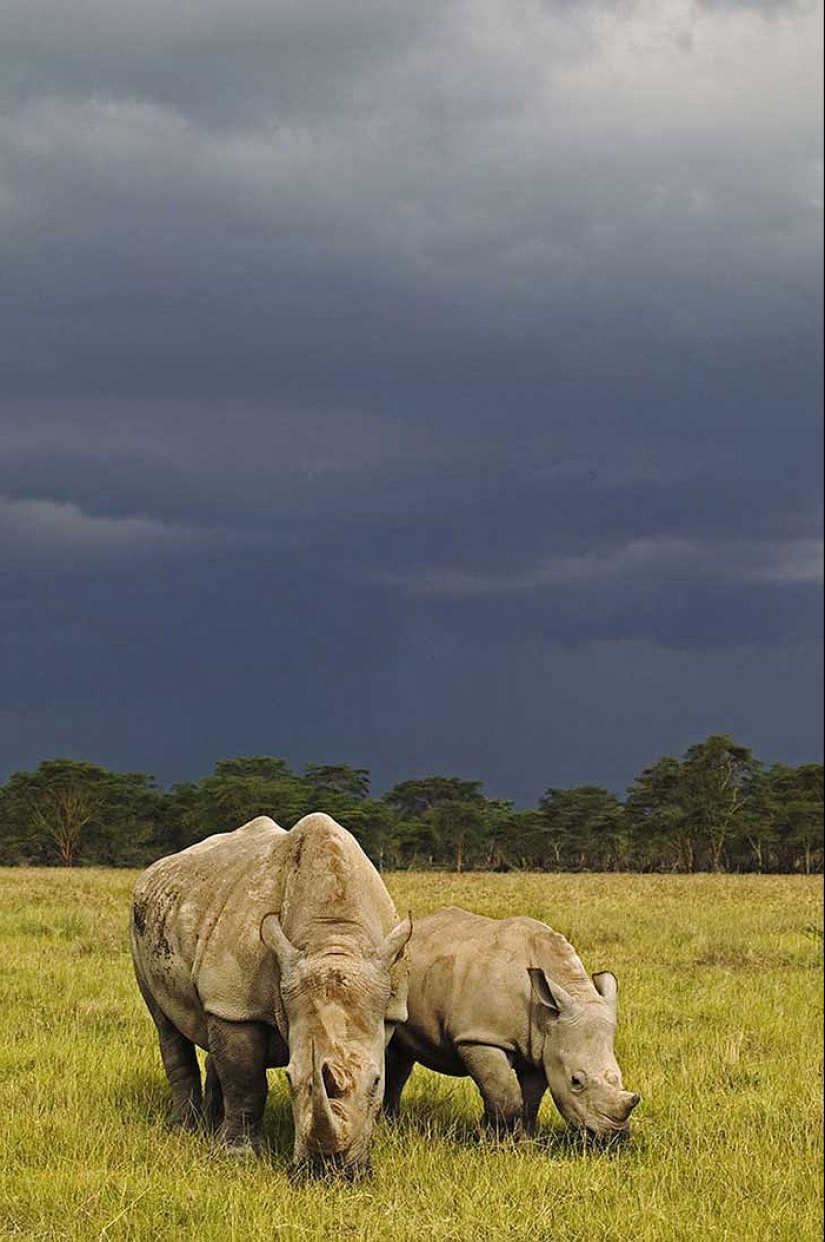
Populations of black and white rhinos fell to an average of 63% in the period between 1980 and 2006. The biggest threat to these animals is the demand for their horns. Poaching is particularly prevalent in South Africa. The number killed for horns individuals increased from 13 in 2007 to over 1,000 in 2013.
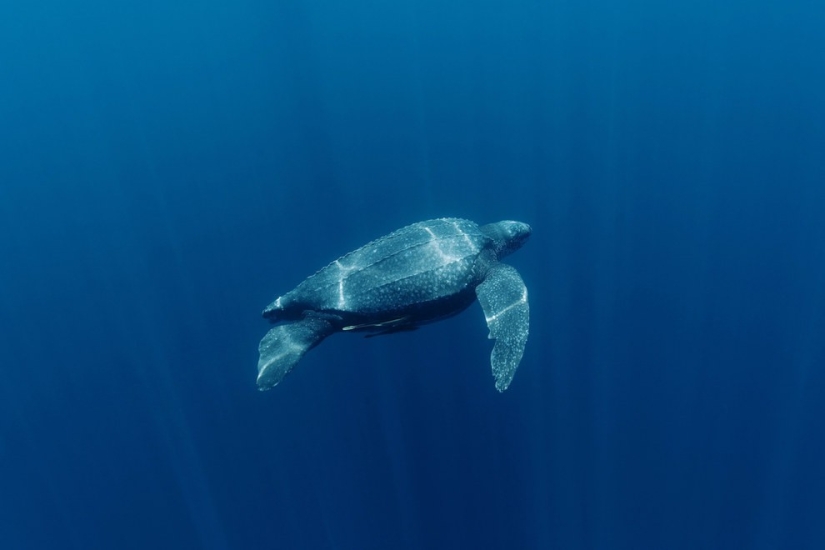
The leatherback turtle.
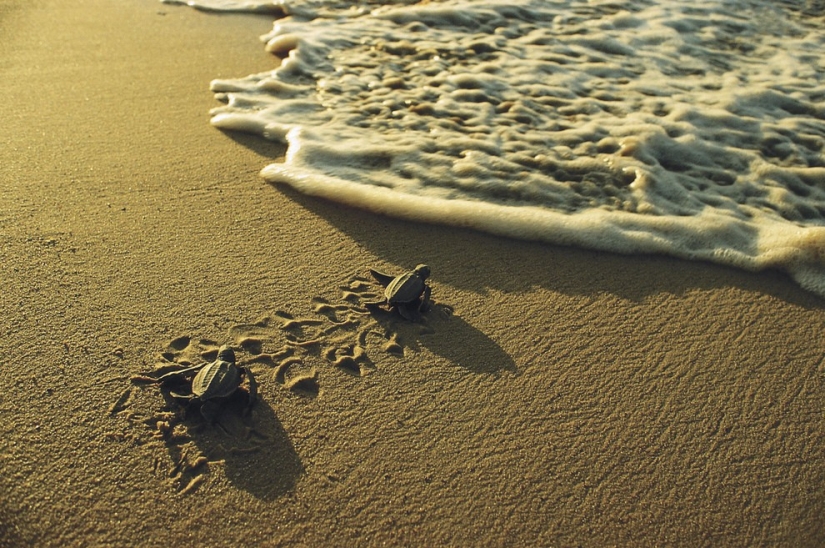
The largest modern sea turtles are rapidly disappearing in the waters of the Atlantic and Pacific oceans. So, in the National marine Park Las Baulas, Costa Rica, their numbers from 1989 to 2002, fell to 95%. This is mainly due to the death of turtles caught during commercial fishing, and construction in the areas of their nesting beaches.
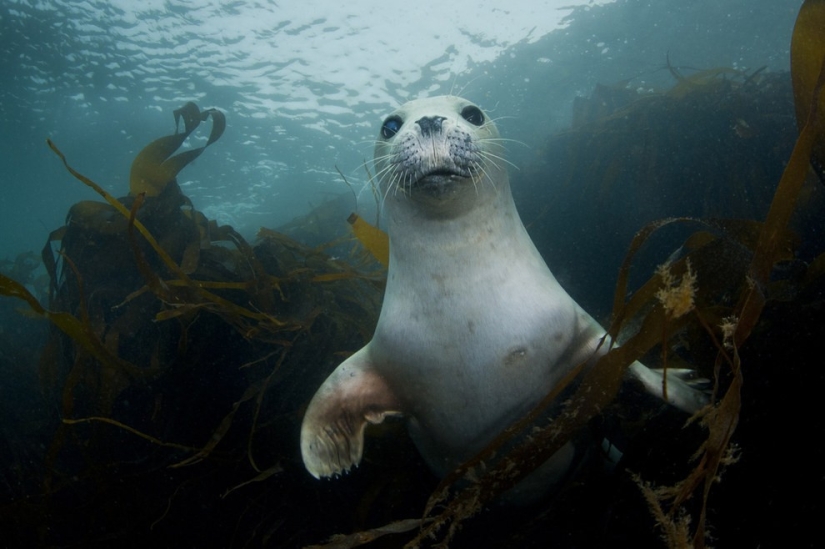
Seal.
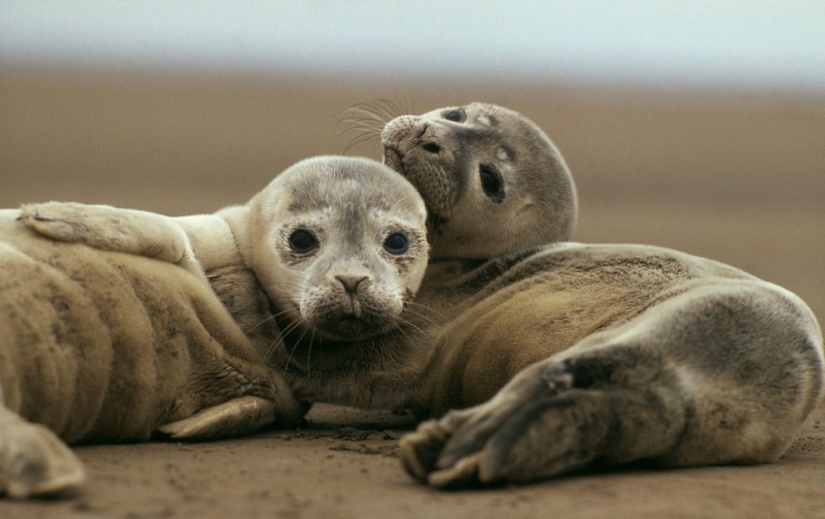
In addition to the death against viruses and natural epidemics, the seals are also killed by farmers and fishermen. These murders were committed, for example, in the Moray Firth in the North sea to protect the salmon farms. Between 2001 and 2006, the number of seals in the area of Orkney and Shetland was reduced by 40%.
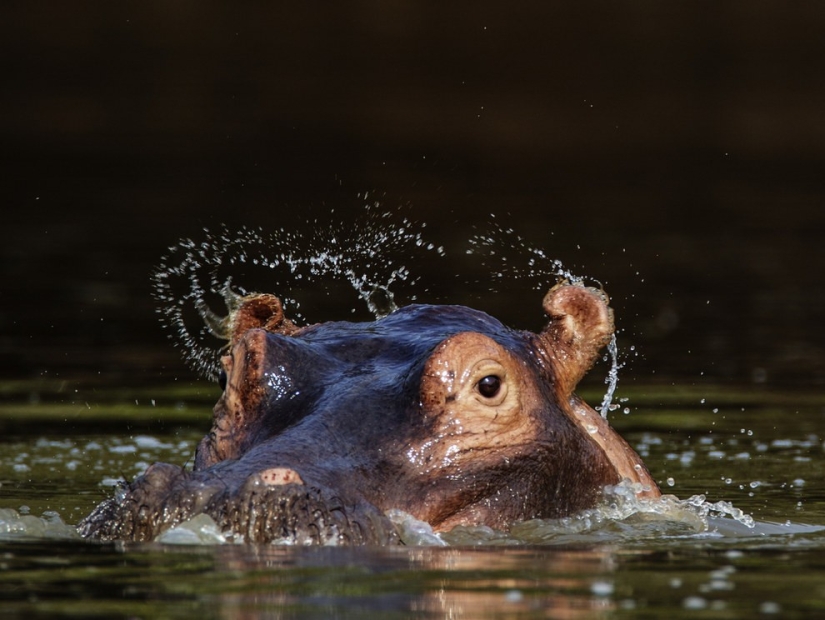
Hippo.
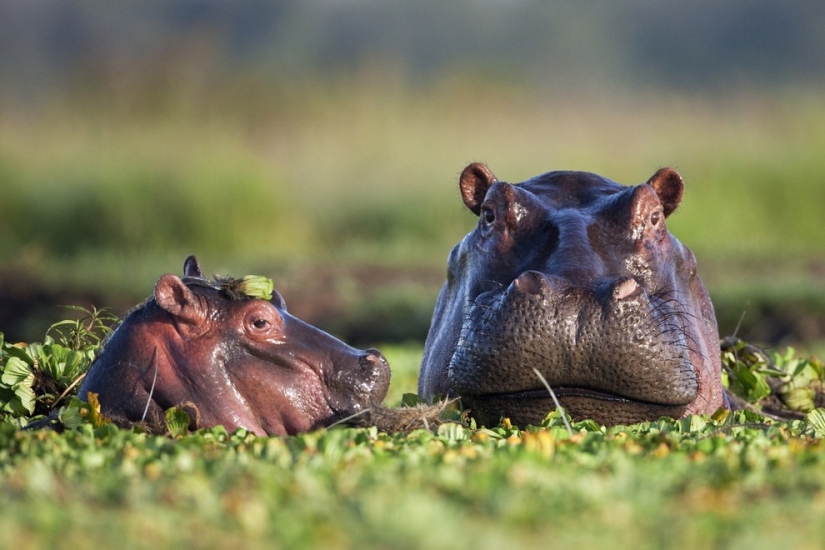
As of 2006, the number of these animals in Africa was about 125-150 thousand. The main threat to them is a hunting. For example, in the Virunga national Park in Congo for her number hippos fell from 29 000 in 1970 to 1515 in 2003.
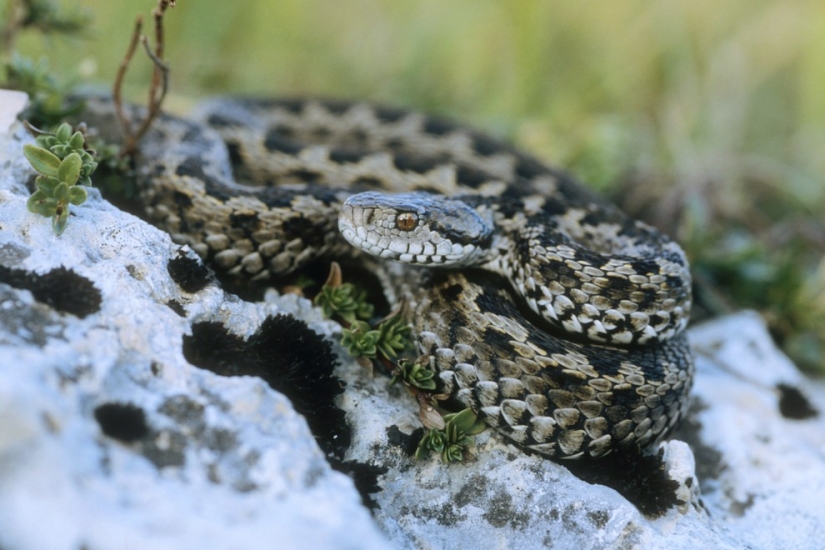
Steppe Viper.
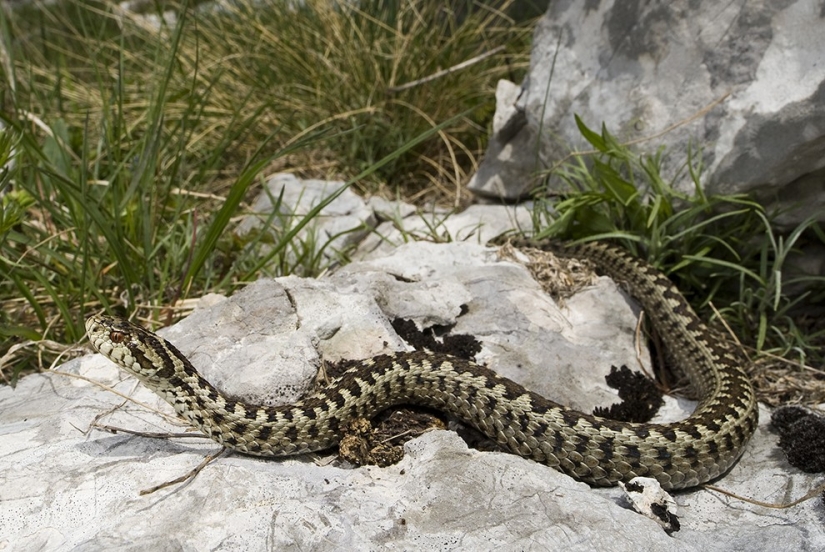
Over the last decades in Europe 11 populations of snakes fell sharply, and 8 of them declined by more than 50% between 1990 and 2009. The exact cause is unknown, but it most likely occurred because of a combination of factors of which were reduction of natural habitat and quantity of production.
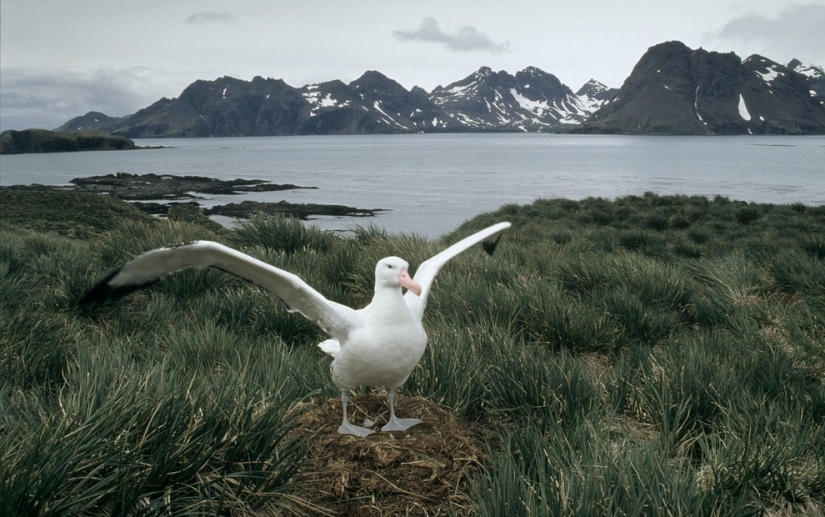
Wandering Albatross.
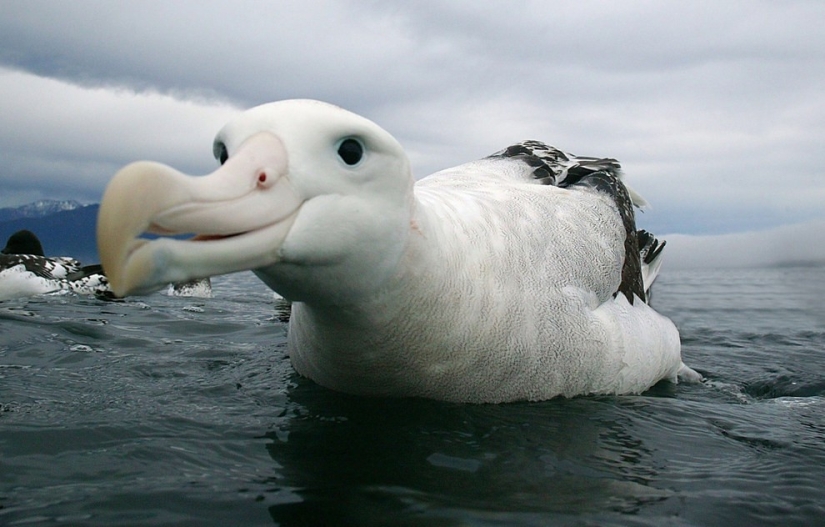
The rapid decline in the number of wandering albatrosses due to their deaths in fishing nets. So, the population of bird island in the South Atlantic ocean decreased by 50% from 1972 to 2010.
Keywords: The animals | Nature animals | Humanity
Post News ArticleRecent articles

It's high time to admit that this whole hipster idea has gone too far. The concept has become so popular that even restaurants have ...

There is a perception that people only use 10% of their brain potential. But the heroes of our review, apparently, found a way to ...
Related articles

We often hear that now, more and more species become extinct or are on the verge of extinction, and their extinction is only a ...

The life of people on other planets no longer seems like a perfect fantasy, as a few decades ago. Space exploration is being ...

Most of the historical events are familiar to us from textbook photographs that are firmly etched into our memory. But it is often ...

New Year's is a time to surprise and delight loved ones not only with gifts but also with a unique presentation of the holiday ...